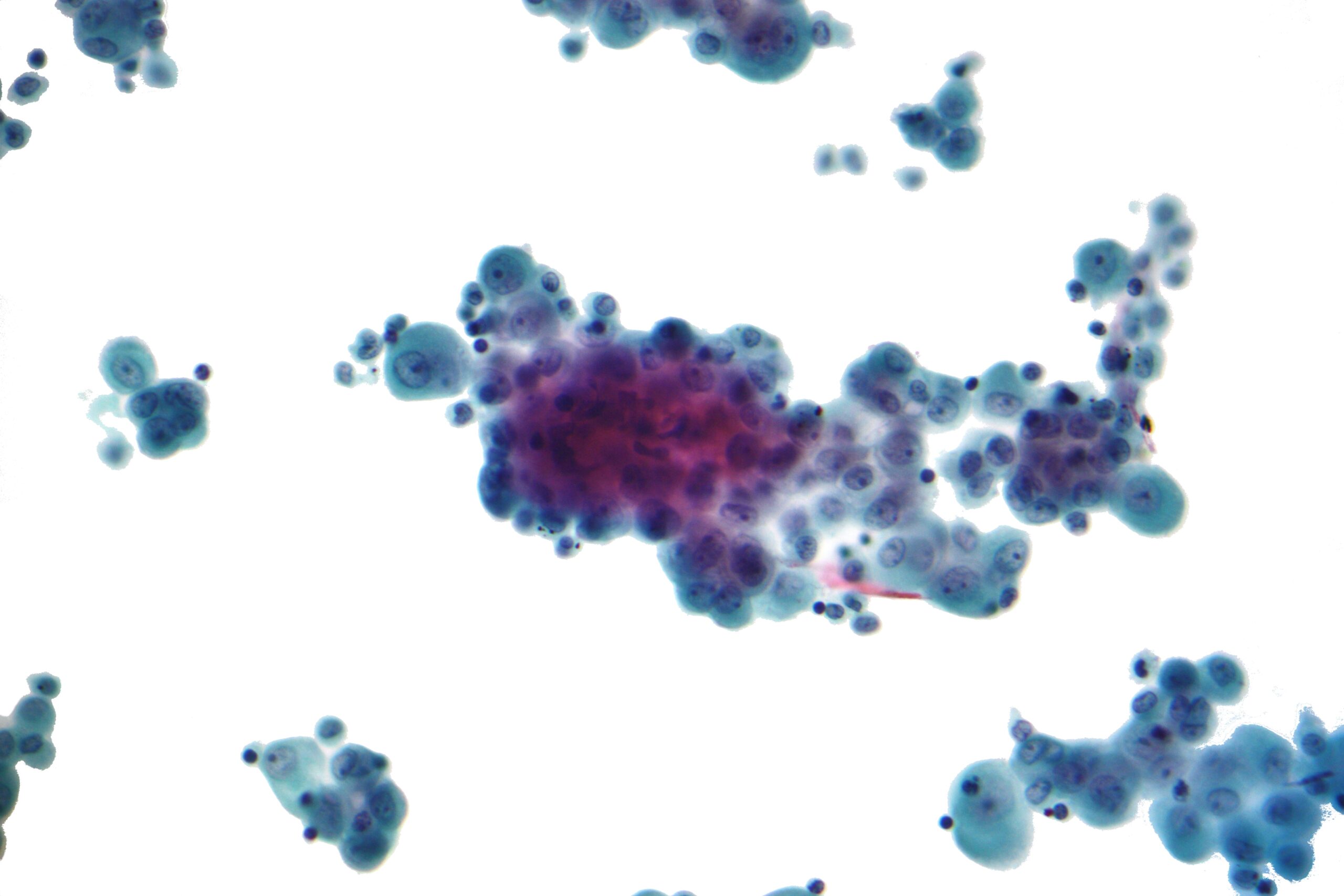
Understanding Mesothelioma
Mesothelioma is a type of cancer that attacks the mesothelium, a membrane or thin layer of tissue that functions as a cover for organs in the body. Mesothelioma is a malignant cancer and can be fatal for sufferers.
This cancer is considered aggressive. Although there are medical treatment options available to treat it, advanced cancer makes most sufferers incurable. This is why regular health screening is needed to detect cancer cells early and treat them immediately.
Doctors divide this type of cancer into several types based on the part of the mesothelium that is affected. Pleural mesothelioma is the most common type. This condition occurs when cancer cells affect the tissue that surrounds the lungs or pleura.
In addition, there is also peritoneal mesothelioma that attacks the tissue in the abdomen, the heart, and the area around the testicles. These three types of mesothelioma are less common.
Causes of Mesothelioma
Most cases of mesothelioma are linked to exposure to asbestos, a mineral found naturally in the environment. Asbestos fibers are very strong and have good resistance to heat, making them widely used in flooring, insulation, brakes, and more.
When asbestos breaks down or breaks down during certain procedures, dust is formed. If the dust is inhaled or swallowed, the asbestos fibers will settle in the stomach or lungs. This condition is the initial trigger for mesothelioma. However, how this cancer occurs is still unknown to this day.
Mesothelioma Risk Factors
At least, it takes about 20 to 60 years or more for mesothelioma to develop after exposure. However, most people exposed to asbestos never develop mesothelioma. Doctors suspect that other factors may be involved and put someone at higher risk for developing the cancer, such as:
- Having a history of exposure to asbestos, either at home or in the work environment.
- Living in a house with someone who has direct contact with asbestos. Asbestos fibers can be carried on the skin and clothing. This condition can be avoided by showering and changing clothes after work.
- Family history of mesothelioma.
- Have had radiation therapy to the chest.
Mesothelioma Symptoms
Symptoms of mesothelioma vary widely, depending on where in the body the cancer cells develop. Pleural mesothelioma, which affects the tissue surrounding the lungs, is characterized by:
- Chest pain.
- A painful cough.
- Hard to breathe.
- The appearance of an unusual lump under the skin of the chest.
- Unexplained weight loss.
Meanwhile, peritoneal mesothelioma that occurs in the abdominal tissue is characterized by the following symptoms:
- Stomach ache.
- The stomach is swollen.
- Nauseous.
- Unexplained weight loss.
In addition, other symptoms of other types of mesothelioma can be said to be uncertain because they are rarely found. However, pericardial mesothelioma that affects the heart organ can show symptoms such as chest pain and difficulty breathing. Then, mesothelioma of tunica vaginalis that affects the organs around the testicles is known by swelling in that part.
Diagnosis Mesothelioma
In order to get a more accurate diagnosis of mesothelioma, the doctor will certainly check the patient’s physical health thoroughly. The doctor will also conduct a brief Q&A regarding the patient’s and family’s medical history. Furthermore, the doctor also recommends conducting further examination procedures, such as:
Blood Test
Blood levels of three substances, fibulin-3, osteopontin, and soluble mesothelin-related peptides (SMRPs), are often higher in people with mesothelioma.
Examination of Fluid and Tissue Samples
If the sufferer has a buildup of fluid in the body related to mesothelioma, the doctor can take a sample of the fluid for further examination under a microscope in the laboratory.
This medical examination has different terms, depending on the location of the fluid, namely:
- Thoracentesis when there is fluid in the chest cavity.
- Paracentesis when fluid is in the stomach.
- Pericardiocentesis when fluid is present in the membrane surrounding the heart organ.
Biopsy
The biopsy procedure to diagnose mesothelioma is also carried out in several ways, namely:
- Needle biopsy , done by inserting a needle to remove a small piece of the tumor.
- Thoracoscopy , laparoscopy, and mediastinoscopy. The procedure involves inserting a scope (tube) through a small incision to view potential areas of mesothelioma. The type of examination is based on the area of the body being examined.
- Surgical biopsy . A procedure that involves opening the chest cavity (thoracotomy) or abdominal cavity (laparotomy) to remove a larger sample of the tumor or the entire tumor.
- Endobronchial ultrasound-assisted biopsy . The procedure involves passing a long, thin tube through the throat to check for tumors in the lung organs.
Imaging
This test allows the doctor to see the body without having to make an incision or wound. Imaging tests commonly performed in connection with the diagnosis of mesothelioma include:
- Chest X-ray . This test can help show abnormal thickening or calcium deposits in the lining of the lungs, fluid in the space between the lungs and chest wall, or changes in the lung that indicate mesothelioma.
- CT scan . This procedure uses X-rays to show a more detailed picture of the inside of the body.
- PET (Positron Emission Tomography) . The examination is done by taking pictures of compounds containing radioactive atoms to take a complete picture. Cancer cells will absorb radioactive compounds in greater amounts and appear brighter than normal tissue in the image.
- MRI . A scan that uses radio waves and strong magnets to produce more detailed images.
Mesothelioma Treatment
Mesothelioma treatment is carried out depending on the health condition of the sufferer, the stage of cancer, and the location of the cancer cells. Unfortunately, mesothelioma is an aggressive and malignant cancer so treatment is not possible for most sufferers.
Mesothelioma is usually diagnosed at an advanced stage, and it is definitely not possible to perform a surgical procedure to remove the cancer cells. However, doctors can recommend several other treatments such as chemotherapy and radiotherapy. The goal is to help relieve symptoms and control the growth of cancer cells.
Complications of Mesothelioma
When mesothelioma spreads to the chest, it puts pressure on the structures in that area. This can lead to a number of complications, including:
- Difficulty breathing.
- Pain in the chest.
- Difficulty swallowing.
- Pain that occurs due to pressure on the nerves and spinal cord.
- Fluid accumulation in the chest or pleural effusion. This condition can cause the lungs to be compressed and make it increasingly difficult for sufferers to breathe.
Mesothelioma Prevention
Some actions that can be taken to prevent mesothelioma, namely:
- Avoid living with people who have direct contact with asbestos.
- Following the work safety protocols implemented by the company, such as wearing a mask, showering and changing clothes during lunch or before going home.
When to See a Doctor?
Immediately check at the nearest hospital if you feel any unusual symptoms in the lungs, heart, or stomach.






